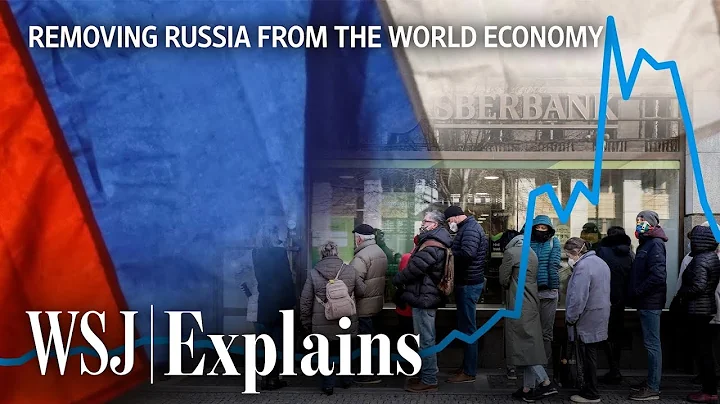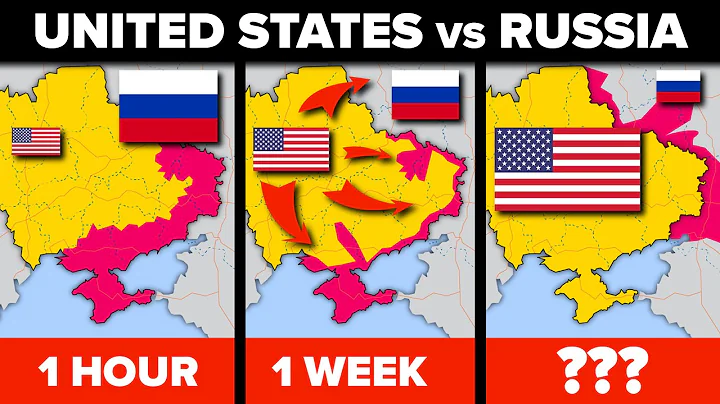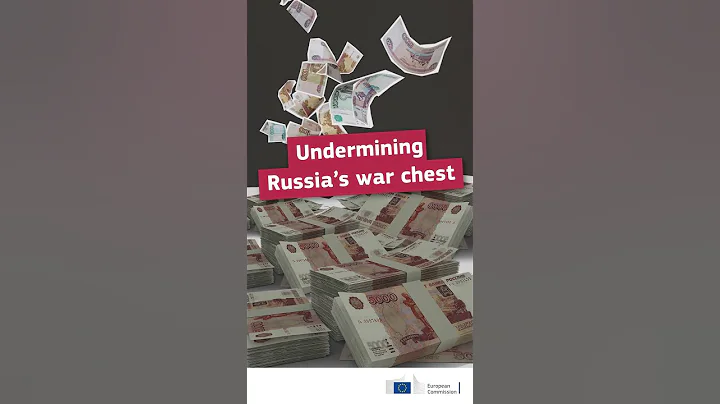
It has been more than April since Russia launched a special military operation against Ukraine . At the beginning of the war, countries and groups, led by the United States, the European Union, and Japan, launched sanctions against Russia that were characterized by "quick and rapid, straight to the core, blockade and isolation." More than four months later, although Russia has not achieved the "quick victory" outcome that some people expected, it has withstood various sanctions from many parties. Starting from June 26, the three-day G7 summit will be held in Germany. One of the topics of the summit is to discuss how to increase sanctions on Russia. What is quite surprising is that a new term has appeared in mainstream media in the United States, Japan and Europe - "support fatigue", or "support weakness". Why is this so? On June 28, Japan's Overseas Chinese News published a commentary article "Behind the "Weak Support" of the United States, Europe and Japan to Ukraine" to analyze the reasons.
First of all, this "weak support" is reflected in the opposition voices from the people of the supporting countries. A public opinion survey in ten European countries by the well-known think tank "European Council on Diplomacy" showed that 42% of the respondents believed that "the government has used too much force in the war in Ukraine and has not used enough force to deal with the problems directly faced by its own citizens"; 36% of the respondents think that it is "ok"; 19% of the respondents think that they "don't understand". Obviously, such public opinion makes it impossible for European countries to ignore their own public opinion while choosing "political correctness" and following the United States. In this way, without the support of public opinion, it will directly weaken.
followed. This "weak support" comes from the side effects of sanctions - people's daily lives have been directly affected. G7 Group has imposed sanctions on Russia and hopes to cut off Russia's largest source of income, which is income from natural gas , oil, coal and other energy exports. On the one hand, they are working hard on the word "break", hoping to "cut off" Russia's entry and exit channels. On the other hand, they are focusing on the word "decoupling" in an attempt to "decouple" from Russia. The direct result is a rare rise in prices in the energy market. Among the G7, Britain's inflation rate reached 9%, unprecedented in 40 years. By May this year, the inflation rate in the United States had surged for three consecutive months. According to the Organization for Economic Cooperation and Development (OECD) forecast in early June, among the 38 countries that have joined, the inflation rate this year will reach 8.5%, which is about twice as much as last year. The world economic growth rate dropped from the predicted 3% to 1.5%. Since people's lives have been affected very directly and realistically, this support has further weakened.
Once again, this "weak support" comes from the direct impact of the political situation in various countries. In May of this year, German Chancellor Scholz was severely defeated in two state parliamentary elections by his Social Democratic Party. On June 19, the ruling party led by French President Macron also lost in the National Assembly election. US President Biden 's approval rating has dropped below 40%, directly threatening the mid-term elections that he is most concerned about. In Japan, as household electricity bills have increased by about 20% compared with the same period last year, price issues have become one of the focus topics in the Senate election in July.
The final summary of the article is that all of this confirms a truth in the era of globalization - "Extreme sanctions harm others and harm oneself." Now, although the United States, Europe and Japan have felt the pain caused by sanctions on Russia, their Learning from this experience may lead to further sanctions on Russia. They hope to use this method to change the dilemma of "weak support", which will inevitably make people's lives more miserable. The next round of "weak support" will definitely change qualitatively. This will also give them a chance to re-understand the "combat nation" more than 70 years after the end of World War II. (End)
Author/Jiang Feng
Editor in charge: Yang Bushuang





















